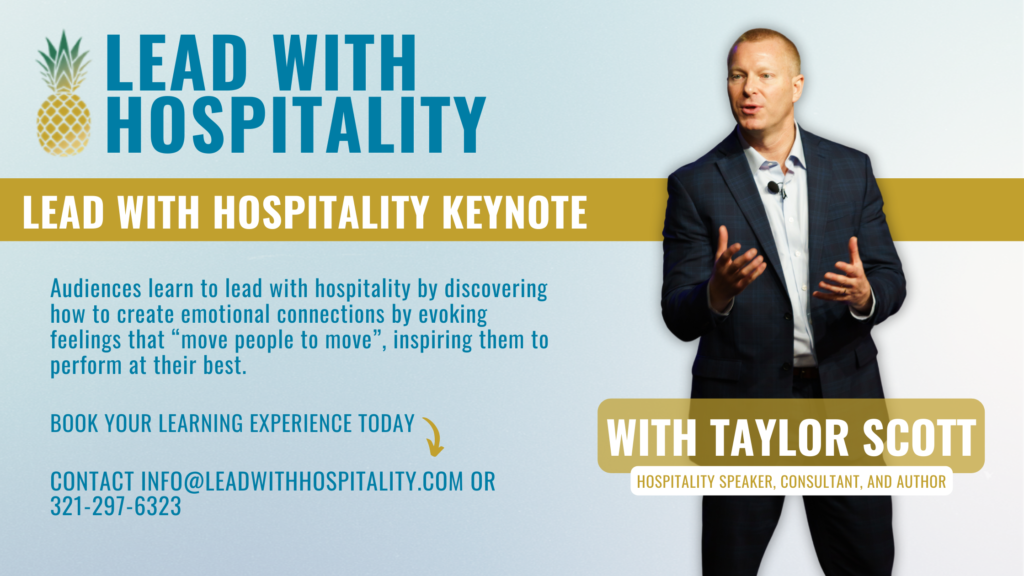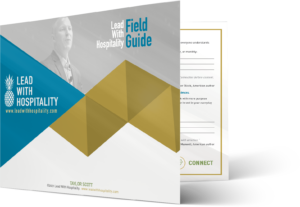Unlocking Your Potential: Mastering Self-Management for Success
Self-management, the art of steering your emotions and abilities, is the compass that guides you through life’s challenges and opportunities. It’s about controlling impulses, prioritizing goals, and maintaining focus, even in the face of adversity. In essence, self-management equips you to stay on course during turbulent times.
Understanding Your Two Brains
As the renowned social scientist Daniel Goleman suggests, we have two brains—one that thinks and one that feels.
The Thinking Brain
Visualize the Neocortex, the seat of logic and rationality, as your Thinking Brain. It’s the rider atop the elephant, responsible for processing information and making logical decisions.
The Feeling Brain
In contrast, the Limbic System represents your Emotional, or Feeling Brain—the powerful elephant in Jonathan Haidt’s analogy. This emotional powerhouse determines how you react in various situations and feel about different people.
The Role of the Amygdala
Between your brain and neck lies the amygdala, often referred to as the “fight or flight” mechanism or survival brain. It stores memories, information, and triggers alertness during critical moments. The amygdala plays a pivotal role in processing emotions such as anger, fear, and sadness, as well as regulating aggression. It helps you recognize similar events in the future based on stored memories.
The Amygdala Hijack
During moments of intense emotion—anger, fear, or distress—your amygdala and emotional brain become highly active, leading to what experts call an “amygdala hijack.” In this state, your focus narrows onto the source of your distress, and your thinking brain temporarily shuts down. This temporary loss of mental clarity results in impulsive actions or words we often regret.
On the flip side, positive emotions shift the balance, diverting blood away from the emotional brain, fostering an upbeat mood, and preventing emotional distress. To maintain calm in tense situations, it’s crucial to allow your brain time to recalibrate, restoring the dominance of your thinking brain and preventing impulsive reactions.
Leadership and Self-Management
Leaders can employ the same strategy to stay composed during tense moments, keeping disruptive emotions in check while projecting confidence and enthusiasm. As Daniel Goleman emphasizes, self-management is the cornerstone of emotional intelligence, liberating us from emotional captivity and ensuring mental clarity—a trait essential for effective leadership.
Seven Proven Strategies for Enhanced Self-Management
1 – Posture Matters: Sit or stand tall, lengthen your diaphragm, and hold your head high. Visualize reaching for the sky and roll your shoulders back. Good posture can positively influence your emotional state.
2 – Breathe Deeply: Practice deep breathing—inhale through your nose and exhale through your mouth. Place a hand on your stomach to feel your lungs fill with air. This technique promotes relaxation and helps your thinking brain regain control.
3 – Take Regular Breaks: Every 90-120 minutes, pause, and recharge. Sip cold water, step outside to soak in some sunshine or Vitamin D, and rejuvenate your mind.
4 – Cultivate Gratitude: Reflect on your blessings and jot them down. Shifting your focus to gratitude extinguishes negative thoughts and ignites positivity. Gratitude and negativity can’t coexist.
5 – Rekindle Your Passion: Remind yourself why you love what you do and the meaningful purpose it serves in your life. This reflection fuels your enthusiasm and determination.
6 – Laughter Is the Best Medicine: Don’t underestimate the power of laughter. It releases endorphins, elevating your mood and diffusing tension.
7 – Offer Kindness: Providing positive feedback or support to others redirects your focus from self-pity to empathy and fulfillment. Shifting your mindset from “woe is me” to “I’m making a positive impact” enhances your self-management.
In conclusion, mastering self-management is the key to unlocking your potential. By nurturing these seven strategies, you can enhance your emotional intelligence, maintain composure in challenging situations, and inspire others with your resilient and positive attitude.
Ready to transform your leadership style? 🌟 Book my “Lead with Hospitality” keynote and discover how to create emotional connections that inspire your team to perform at their best. Let’s talk!







